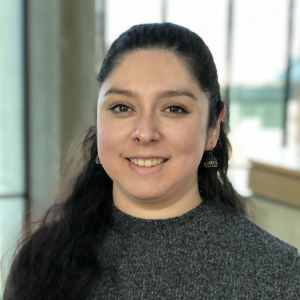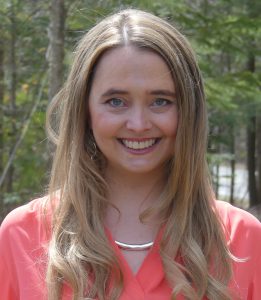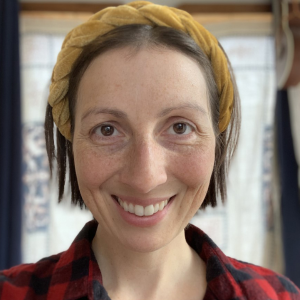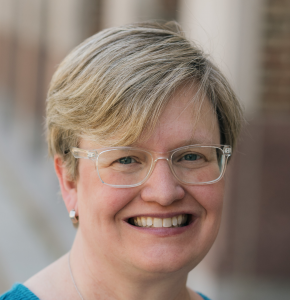Program Leadership

Scott Gerber, PhD
QBS Director
Dr. Gerber's lab develops high-throughput mass spectrometry technology and bioinformatics methods for the analysis of proteins and their post-translational modifications in complex biological processes such as cell division and tumorigenesis.

H. Robert Frost, PhD
QBS Associate Director
Dr. Frost's research focuses on the development of novel bioinformatics and biostatistical methods for high-dimensional data analysis. Applied research areas include gene set testing, gene-gene and gene-environment interactions, biomedical ontologies and cancer genomics. Statistical topics of interest include penalized regression, principal component analysis, random matrix theory and optimization.

Michael Whitfield, PhD
Chair of Biomedical Data Science
Dr. Whitfield's work focuses on is Precision Medicine in systemic sclerosis (SSc). His laboratory is identifying gene expression biomarkers that subset SSc patients, predict clinical endpoints, and assess response to therapy. The lab is focused on understanding the pathophysiology of the disease, analyzing molecular data from SSc clinical trials, perform network analyses on SSc genomic data, and using this information for drug repositioning efforts.

Margaret Karagas, PhD
Chair of Epidemiology
Professor Karagas' research encompasses interdisciplinary studies to illuminate the etiology of human cancers, along with adverse pregnancy and children's health outcomes. Her work seeks to identify emerging environmental exposures, host factors and mechanisms - that impact health from infancy to adult life, and to apply novel methods and technologies to understand disease pathogenesis.
Administrative staff

Monica Espinoza, PhD
MS Curriculum Director
Email: monica.e.espinoza@dartmouth.edu

Kristine Giffin, PhD
Director of Academic and Student Affairs
Email: kristine.a.giffin@dartmouth.edu

Amanda Helali, MA
Program Coordinator
Email: amanda.r.helali@dartmouth.edu

Chandlee Bryan, MA
Career Services Manager
Email: chandlee.bryan@dartmouth.edu

Emma LaPaglia
Marketing Specialist
Email: emma.b.lapaglia@dartmouth.edu
Zoom best practices and general guidance
https://services.dartmouth.edu/TDClient/1806/Portal/KB/ArticleDet?ID=65470
Faculty teaching and course setup tips
- Use the Canvas template created by Amanda Albright for your Canvas course page to make it easier for students to navigate Canvas for their many courses
- Dual monitors can be helpful with managing your presentation and participants
- Add your TA as a Co-host/alternative host to help with meeting controls
- Change your settings to mute mics and turn off video upon initiation of the meeting
- Start the lecture a few minutes early to adjust your tech
- Allow students to join early so they can be social and/or troubleshoot tech
- Inform students of your student participation expectations: 1) use raise hand function or 2) open mic policy to ask questions freely
- Decide if you want video on or off. Do you want to see them live? Consider video effects on bandwidth.
Using Panopto
- No live streaming of 360, only recordings
- Scheduled recordings are automated. We have submitted the schedule.
- Need to start on time and end on time
- The camera will capture you and the projection screen
- The recording will have two screens (split screen): the classroom (you & projector) and the PP slides
- No private conversations before or after time of recording. Shut off or outside of classroom.
- The net new benefit of Panopto is minimal as Zoom provides the same quality. The benefit may only be that you do not need to stand in front of your laptop. Otherwise Zoom works perfectly fine alone in the classroom.
- Recordings will be sent to you to upload to Canvas in case you need to edit. TAs can also manage this function as well.
- How to Record with Panopto for Mac
- How to Record with Panopto for Windows
Training resources
- Zoom account sign-in
- Remote library resources
- Zoom training for educators
- CryptPad remote coding app -- Registration is free with no personal data required (untested so review terms and conditions)
- Email Amanda L. Albright for Canvas questions
- Email Geisel Computing Support for IT questions
- Email Amanda L. Albright for Zoom questions
- FlippingTheClassroomGuide